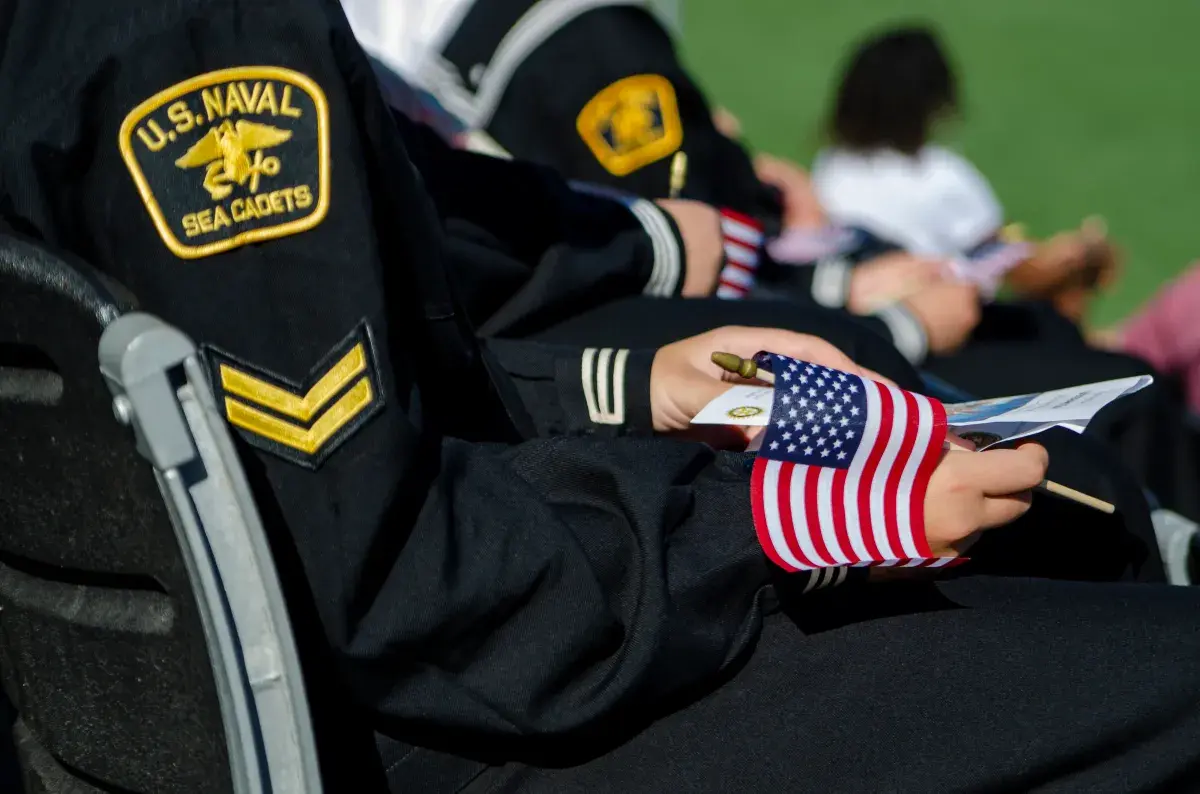Copyright Newsweek

This Veterans Day, as we honor the Americans who have worn the uniform, we should commit to helping them prosper in civilian society now that they have fulfilled their service to the country. One of the best ways to do that is by making it easier for them to find meaningful work. Although the veteran unemployment rate is only 3.7 percent, which is a tribute to their work ethic and talent, if we look a bit deeper, troubling signs emerge. A survey from the Wounded Warrior Project indicates that almost six in 10 veterans face underemployment, and two-thirds of veterans report experiencing financial strain. One has only to look at the veteran experience to understand the source of these difficulties. First, vets’ experiences don’t always align in an obvious way to the civilian market. For example, expertise in combat operations and logistics may seem foreign to hiring managers in the world of business. Second, vets may lack credentials that are mandated in business for specific jobs. In civilian roles ranging from cybersecurity to construction to supply chain management, certifications are required that former military personnel may lack, as the armed forces often have different certification standards than civilian employers. Third, existing transition programs may be inadequate in preparing military personnel for civilian careers. This is especially true as technologies such as AI transform jobs at a rapid pace. Absolutely none of this reflects poorly on our veterans, who are among the best employees America produces. In fact, one study indicates that 68 percent of employers would pick a vet over a non-vet with equal qualifications. Engagement Needed in Multiple Dimensions Helping them reach their full potential in the job market will require a range of measures, including government action. Fortunately, Congress has taken up the issue this session with a trio of proposed bills. The Enhancing the Transitioning Servicemember’s Experience Act, the Veterans Opportunity Act of 2025 and the Veterans Readiness and Employment Transparency Act of 2025 would expand and enhance transition programs for veterans. The private sector has an important role to play, too. Businesses of all types can benefit from actively recruiting from the transitioning military and veteran population—and their spouses. Spouses are often the unsung heroes of military families and the ones who may struggle the most to find personal meaning when their partners are on active duty and they are moving from base to base. My own company, Provalus, a provider of IT professional and managed services, rates veterans so highly that we have established a business model that depends on them. We locate our offices in rural towns that are near military bases to support both servicemen and women and their families. Those individuals might also be utilizing government programs that offer access to civilian training, such as Skillbridge. This proximity to military communities makes it easier to assist transitioning service members in accessing training, mentorship and employment opportunities. We look for practical skills with no prior experience required, hiring for “attitude and aptitude” first and then working to give all employees the opportunity to succeed. Removing rigid criteria and specific skillset requirements help ensure that we don’t miss out on high opportunity individuals. We offer comprehensive training, starting with our Tech Foundry program that focuses on the basics of a tech career. Next, we teach the tools, workflows and knowledge required for the specific client that the employee will support. It works. Thirty-five percent of our high-performing workforce are either veterans or part of an immediate military family. We’ve learned that to ensure veterans’ success in the workplace it helps to follow a few simple guidelines: —Start with understanding. Recognize that communication styles can be vastly different between military and civilian environments. Learning to identify and translate transferable foundational skillsets that veterans bring to your organization will set all parties up for success. —Offer grace and flexibility. Veterans aren’t seeking special treatment or a free pass, but they do need patience and support as they navigate two major transitions at once: adapting to a new role or career while learning to operate in a civilian environment. Transitioning from military to civilian life is unlike any other career move. Help your veterans find success by providing flexibility and guidance. —Leverage their mission-first mentality. Veterans have been trained to put mission and team first. Not only will veterans work to better themselves, they will work to better those around them in an effort to accomplish the shared mission at hand. It’s an amazing thing to see in action. There are no sharp elbows with veterans. They are the first ones to sit down with their teams or peers to work through a problem together—and take the time to teach. But they also hold their teams to a high standard, leading them to individual and collective success. Find ways to channel that drive productively within your organization. —Brace for impact. Veterans will make a difference on your team. From mindset to action, their impact will scale across projects, people and performance in meaningful ways, creating a ripple effect across your organization. There are nearly 18 million veterans in the United States. These men and women are team players. They are flexible, adept at taking on diverse tasks in a fast-moving business environment. And they are leaders, many of whom have extensive experience in making sound decisions under pressure. Helping them succeed in the workplace isn’t just the right thing to do. It’s essential to our nation’s economic growth and innovation. Mike Keogh is president of Provalus. The views expressed in this article are the writer's own.



